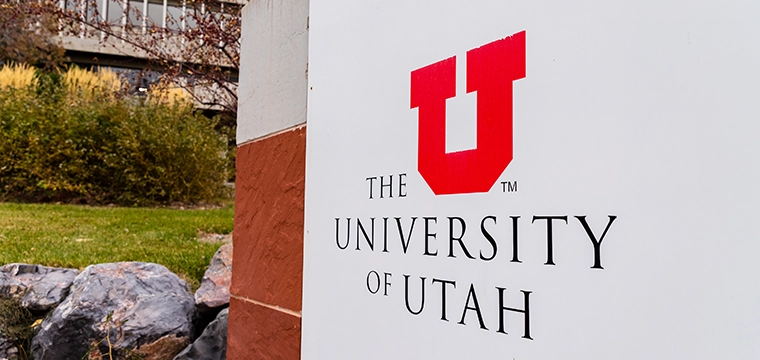
Taran Lent explains how cloud and mobile-first has changed software development for the better
In a recent episode of the Higher Ed Geek Podcast, host Dustin Ramsdell spoke with Taran Lent, SVP of Product Development and Technology at Transact. With a career spanning 25 years in EdTech, Lent has unique insight into the opportunities and challenges institutions face today. The transition to cloud-based solutions, the increasing role of user experience in product development, and the emerging trends shaping the industry are just a few of the topics covered.
Lent emphasized that higher education is undergoing a significant transformation with the migration of enterprise systems to the cloud. Many institutions have relied on on-premise enterprise systems for over two decades, and these systems are deeply integrated into campus operations. Moving to the cloud presents numerous advantages, but it also requires campuses to rethink how they operate.
Institutions have historically built custom solutions with direct database access. In a cloud-based environment, such practices are no longer secure or compliant. Instead, newer integration technologies like APIs, event-driven architectures, and SDKs are becoming the standard. While these technologies offer greater efficiency and security, they also require a shift in how institutions develop and maintain their systems.
People will say, mobile first, and then you'll see somebody demonstrate software on a laptop or on a PC. That's not mobile first.
Beyond technology, cloud migration necessitates significant change management. Many business processes were designed years ago, often by individuals who are no longer at the institution, and may not be well documented. He highlights the importance of embracing business process reengineering to optimize workflows rather than merely replicating old processes in a new cloud environment.
When discussing how product development in has evolved, he points to the increasing focus on user experience. Today’s students have high expectations for digital experiences, and they expect university applications to be intuitive, aesthetically pleasing, and mobile-friendly.
Mobile-first design is becoming critical, but while many institutions claim to prioritize mobile-first development, they often design software with desktop users in mind. To truly embrace mobile-first principles, universities need to ensure that applications function seamlessly on smaller screens, making interactions as efficient as possible.
“People will say, mobile first, and then you'll see somebody demonstrate software on a laptop or on a PC,” says Lent. “That's not mobile first.”
The shift to cloud-based solutions has also changed software development methodologies. Traditional waterfall approaches, where updates were released once or twice a year, are being replaced by agile development and continuous delivery. Cloud environments allow for faster bug fixes, incremental enhancements, and more frequent feature rollouts.
Looking ahead, Lent identified three key trends shaping the future of higher education technology: biometrics, artificial intelligence (AI), and continued cloud adoption.
Click to hear the full interview
More episodes of the Higher Ed Geek podcast series are available online.




